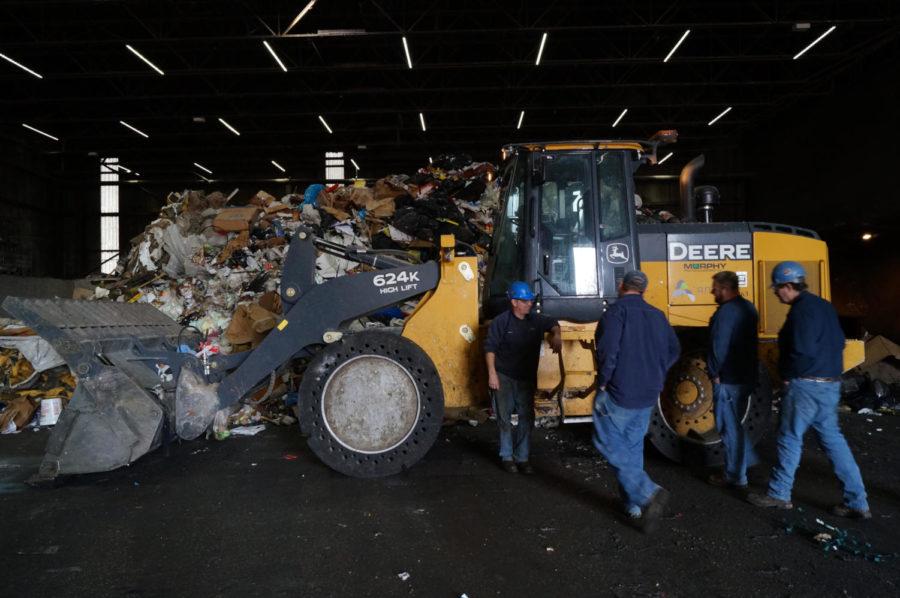Bill proposed to expand can and bottle redemption options
April 9, 2013
A new bill was proposed in the Iowa Senate to update a 35-year old bill that will expand the choices of what you can redeem for cash at redemption centers.
The bill, proposed April 4, would create roughly 300 new jobs within businesses with redemption centers and provide a new incentive for people to send out less waste to landfills.
Currently, only carbonated beverage containers are available for redemption. This bill will include things such as sports drinks and water bottles to the list.
For Ames residents, this doesn’t mean too radical of a change. Ames is one of the top cities in the country in terms of sustainability and programs for renewable energy.
“The bill will have minimal impact on us as it stands right now. We have a single-stream recovery system,” stated Gary Freel, superintendent of the resource recovery system.
“The original intent of the bill was to keep these items out of the [land] fill, and we already have those systems to get them out.”
The plant supports promotion of the bill; they believe it will be good for the carbon footprint of the state.
“The bottle bill in terms of the rest of the state can have huge benefits, but for Story County, the sustainability efforts going on right now are good,” Freel said. “We reclaim [recyclable material], and it reduces the amount of coal [used]; our carbon footprint is extremely small, and those bottles are taken directly to the facility. We’re unique to the state and country.”
The recovery plant takes Ames residents’ waste and recycles over 75 percent.
Plastic bottles account for around .5 percent of total waste, which accounts for the reason the bill will have minimal impact.
Although the bill wouldn’t create too much of a difference to Ames residents, some Iowans are opposed to the bill.
Consumers may complain about the additional fee on their non-carbonated purchases in order to redeem the containers.
Leah Vander Boon, sophomore in communication studies, said this bill would be a great idea because her home state has visible success with it.
“Being a resident from Michigan, I’ve also lived in Indiana, Minnesota and now Iowa, and Michigan is by far the cleanest state of those,” Vander Boon said. “My family personally takes back everything because it’s so much extra money. It’s a really big motivational factor. When we go on vacation, that’s how we pay for gas money to drive to our cottage.”







